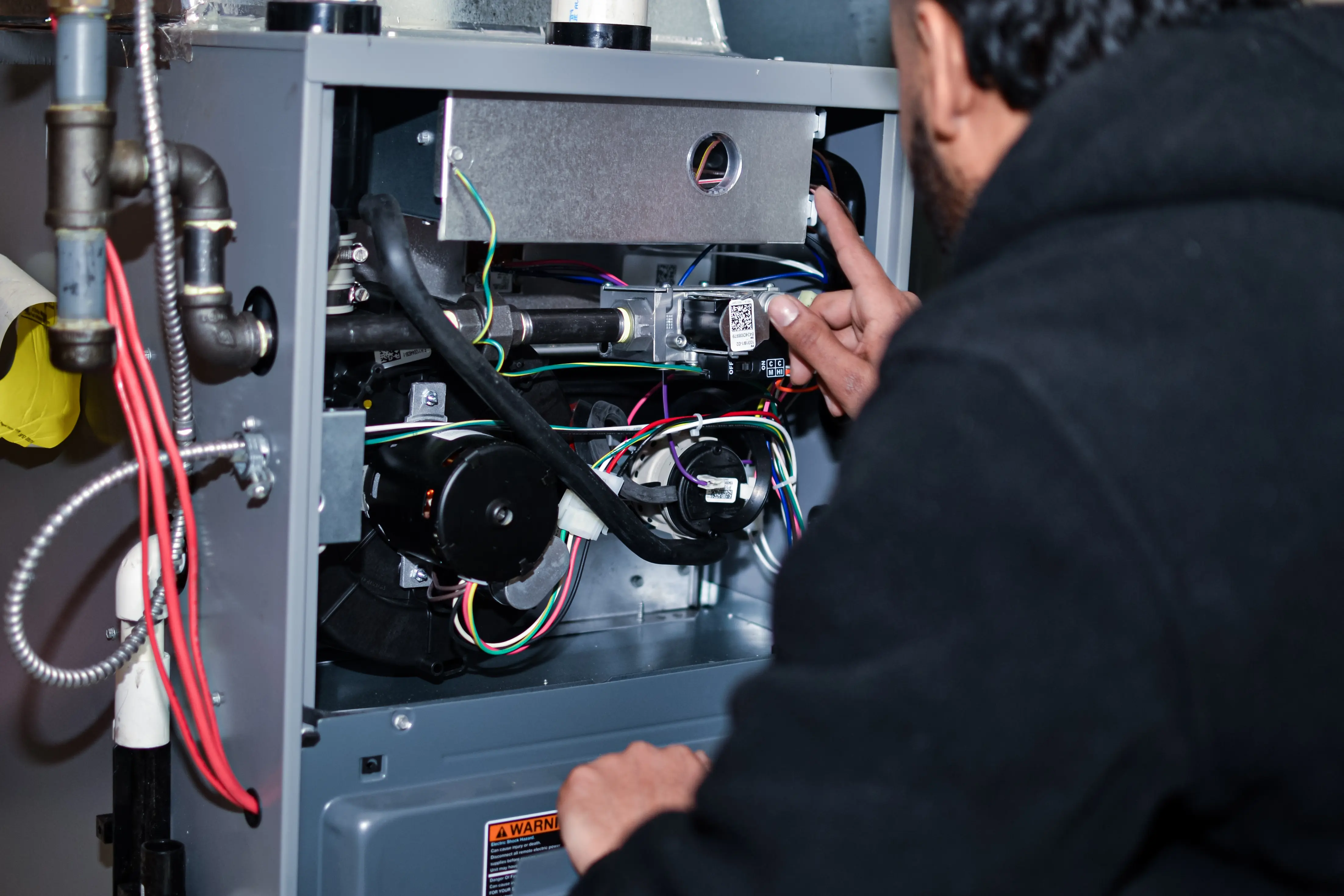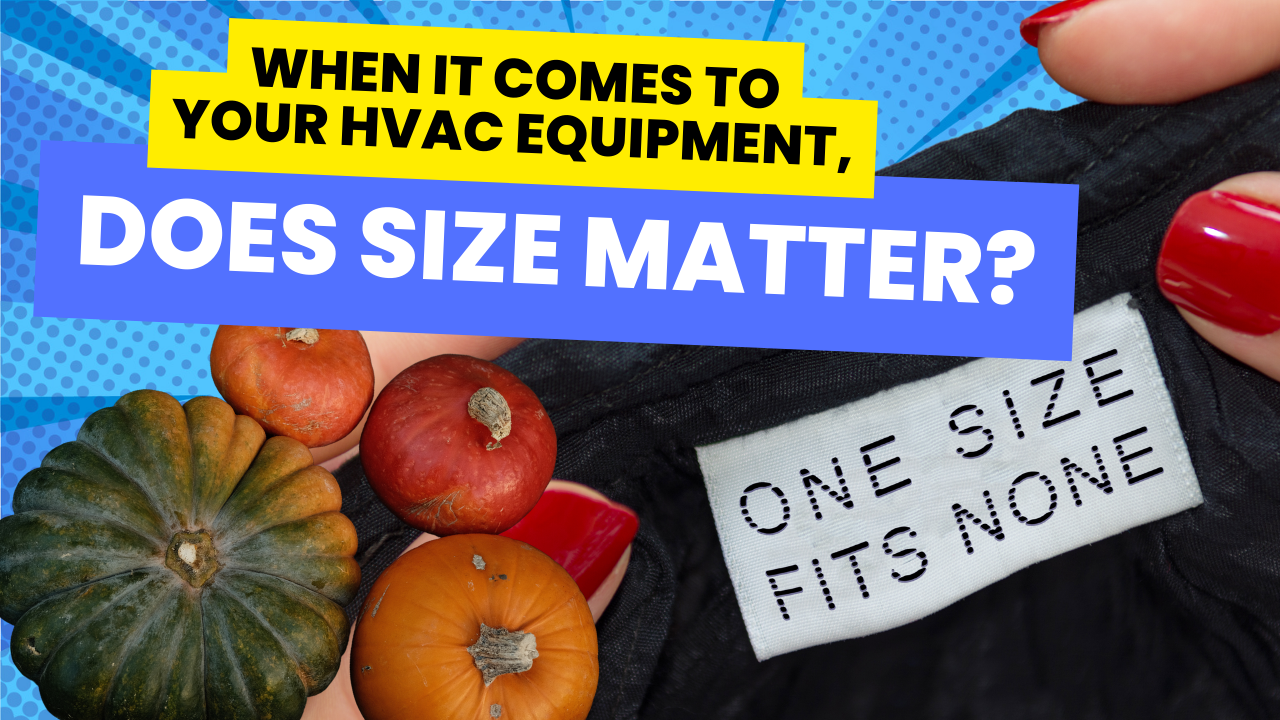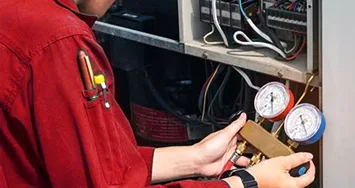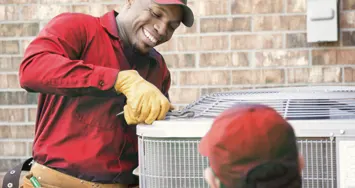
Pipe corrosion occurs when your home’s pipes deteriorate over time. Your pipes are the foundation of your plumbing system and are responsible for bringing clean water in and taking dirty water out. If your pipes are not in good condition, it can have negative impacts throughout your home’s plumbing.
Given the importance of pipes, pipe corrosion is a topic that most homeowners dread dealing with. It’s an issue that can lead to expensive repairs, significant damage and even health concerns. If your pipes are highly corroded, it can lead to toxic metals entering your water supply, which obviously can result in serious health issues.
These are just a few of the reasons that it’s a good idea to be aware of the condition of your home’s pipes and doing all you can to postpone or prevent pipe corrosion. To help you do this, today we’ll talk about the causes of pipe corrosion and some ways you can help avoid it.
The Basics of Pipe Corrosion
While pipe corrosion is a natural process that happens over time, many homeowners are shocked to learn that pipe corrosion can actually happen in just a few years if pipes aren’t properly maintained. Pipe corrosion is usually the result of a number of factors that combine to cause pipe materials to deteriorate.
Some of the primary causes of pipe corrosion include:
- Oxygen in the water.
- The water’s chemical makeup (for example, high levels of calcium).
- The water’s temperature (higher temperatures speed up corrosion).
- The water’s velocity (again, higher levels lead to faster corrosion).
While you might not know whether your home’s plumbing makes you more at risk for pipe corrosion, a plumber can easily inspect your pipes and test your water quality to determine whether there are certain factors making you more at risk. Having this type of inspection is a good idea and an easy way to stop corroded pipes before they start.
Ensuring You Have Clean Pipes
Besides trying to lower your risk factors for corrosion, keeping your pipes clean is another way that you can slow the process. Getting rid of build-ups in your system is an important part of taking care of your pipes.
If your water has high levels of calcium, you should consider regularly cleaning out your pipes by pouring white vinegar down them. Cleaning them using this process is a simple way to breakdown calcium deposits that can lead to clogs and plumbing problems.
In addition to this DIY cleaning, it’s a good idea to regularly have your pipes professionally cleaned so that you can clear out any build-ups as soon as possible.
Pipe Cleaning and Repiping
The good thing about having your pipes cleaned out is that it can make them seem like they’re brand new.
Repiping is a major project, but sometimes thorough and consistent cleaning can make it seem like you have replaced the piping throughout your home.
As a result, pipe cleaning is one of the best things you can do to stop corroded pipes and to avoid repiping. If you’re worried that your pipes are corroded or want to schedule a checkup, call Alberta Indoor Comfort today at (403) 230-2689.
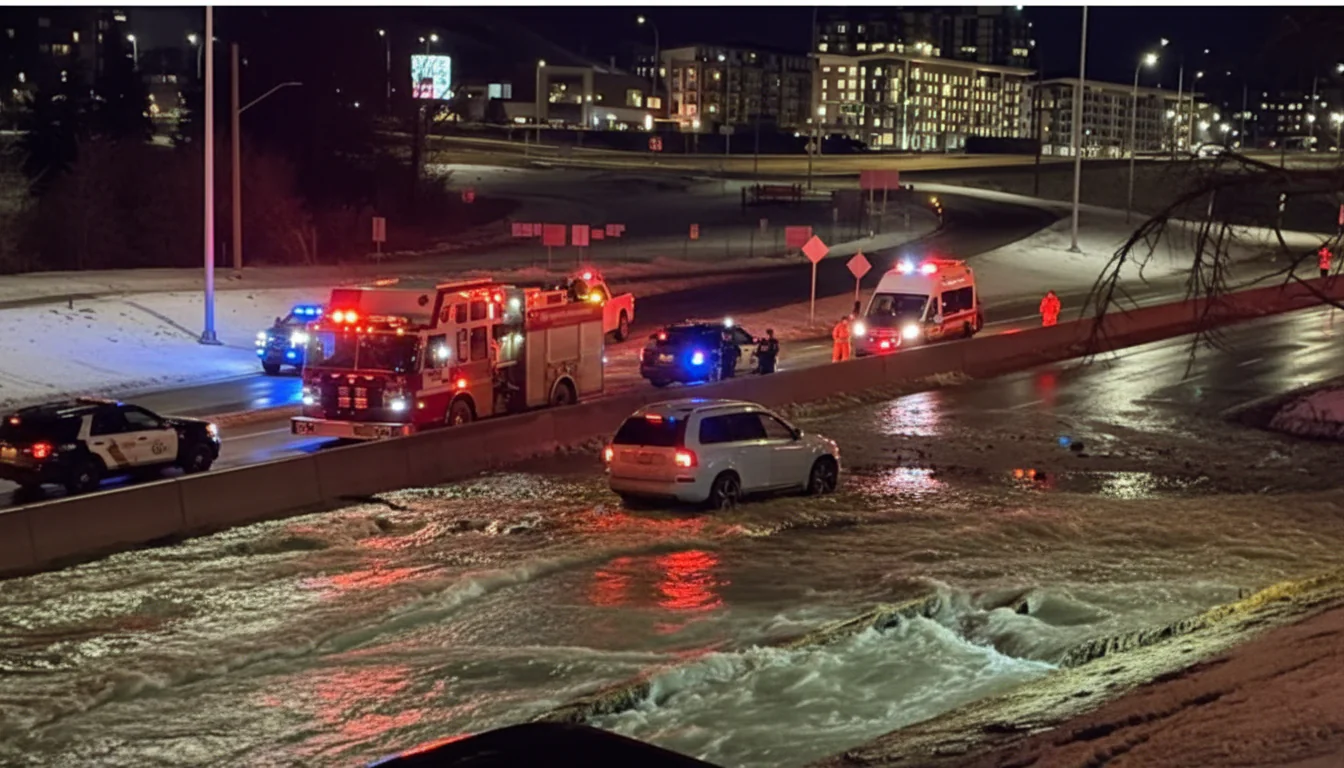
Keeping Our Families Safe: A Calgary Mom’s Guide to Boil Water Advisories After the Water Main Break
The Water Main Break in Calgary & Its Extensive Effects At the height of the incident, vehicles were caught in

